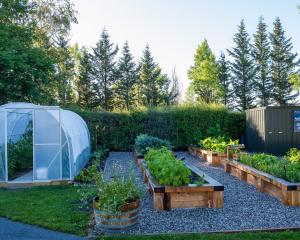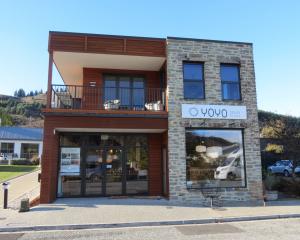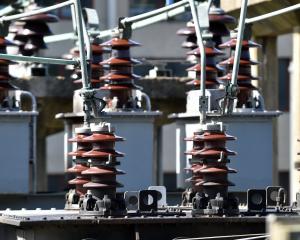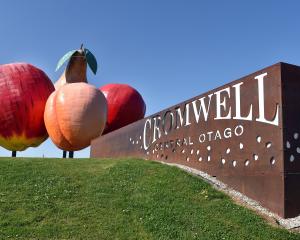
Alexandra Lions annual Beyond the Locked Gates 4WD trip in January has already had a change of plan due to the weather.
Co-organiser Barry McCall said they initially planned to travel over the Knobby Range but due to recent grass growth and the extreme fire risk anticipated by Christmas they had been denied access to the Knobby Range section.
It was fortunate the decision had been made early enough to arrange an alternative route, Mr McCall said.
The new plan was a guided tour leaving Alexandra and heading past Poolburn Dam to Linnburn Station historic woolshed then to Lake Onslow and ending up at Roxburgh East.
A radio commentary would be available throughout the journey highlighting the areas they passed through.
Registrations, which were essential, had already been received and had to be in by January 3.
There would be a register of people who would like to go on the tour but did not have access to a 4WD vehicle.
The Lions Club would try to find seats for those people in vehicles taking part, Mr McCall said.
Linnburn Station was bought by the Blakely family from Stewart Shennan in 1944.
The current owners are Helen (nee Blakely) and Paul Barrett and Susan Velvin (nee Blakely).
The family representative on the property is Peter Barrett.
The Linnburn Station website says since 2014 their farming method had been based on regenerative approach utilising soil biology and plant diversity.
Tilling and synthetic fertiliser were out, spraying was disappearing.
They used cover crops and biological feeders, rotated their land use and utilised short term intensive rotational grazing — letting the animals pick and choose what they wanted to eat.
"We’re finding that if we don’t disturb the soil and use specific plant species (including native species) to replicate what others try to with chemicals and machines, our soils are healthier and our animals are happier ... and when we create an environment where life is encouraged, there are huge paybacks in terms of cost, soil water retention, soil nutrient availability, soil and animal health."











